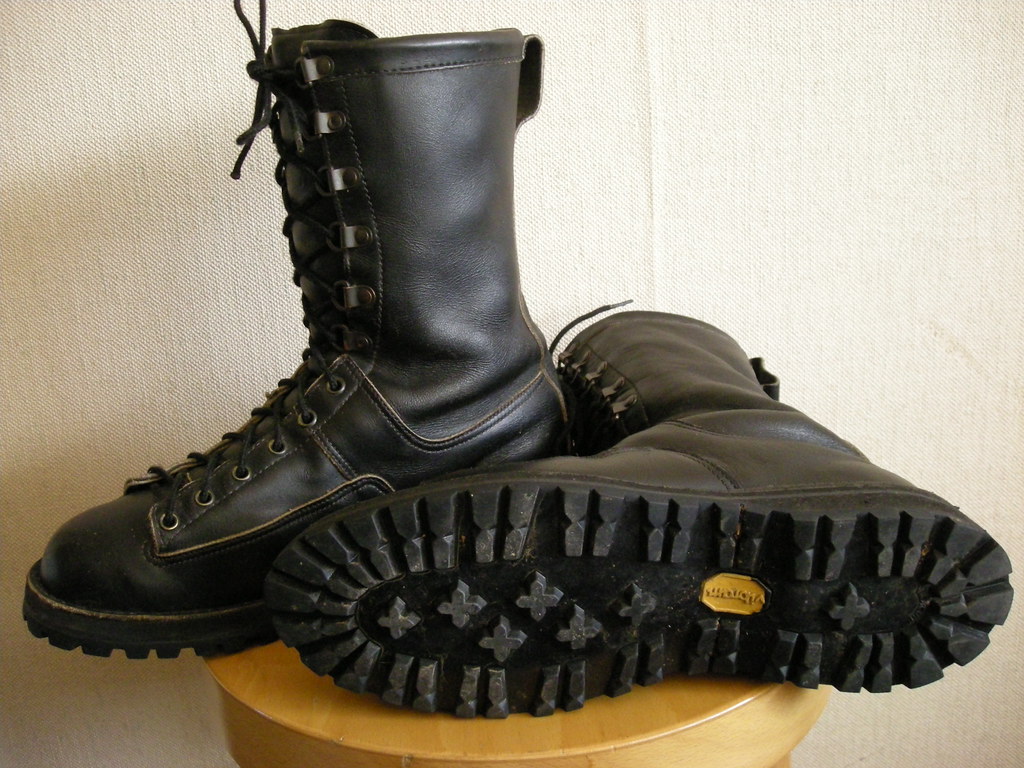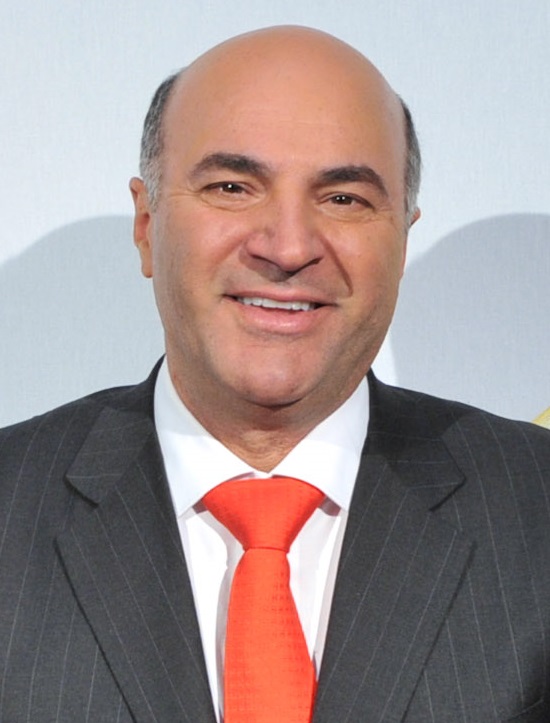
Kevin O’Leary has long cultivated a public persona as a shrewd investor and outspoken business guru, a figure synonymous with blunt assessments and capitalist zeal. Known widely as “Mr. Wonderful” from his appearances on popular television programs, O’Leary has built a significant profile that often sees him at the center of public debate. His entry into the Canadian Conservative leadership race, for instance, was framed by some as an energy boost to the political landscape.
However, beneath the media spotlight, a closer look at O’Leary’s career reveals a more complex history, marked by both successes and notable setbacks. Understanding the full picture requires examining specific moments, including controversial public statements and details of his business ventures as outlined in various accounts.
One particularly striking instance that garnered significant attention occurred in The Lang & O’Leary Exchange. While discussing an Oxfam report highlighting extreme wealth inequality, specifically that the world’s 85 richest people held as much wealth as the poorest 3.5 billion, O’Leary offered a perspective that diverged sharply from conventional views. His response to this staggering statistic was notably upbeat, describing it as “fantastic news.”
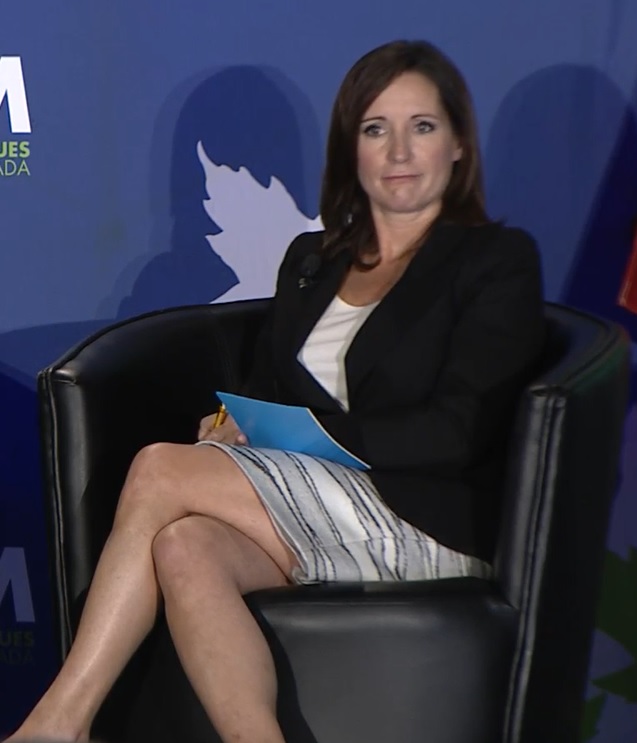
He elaborated on this viewpoint, stating, “It’s fantastic, and this is a great thing because it inspires everybody, gets them motivation to look up to the one percent and say, ‘I want to become one of those people, I’m going to fight hard to get up to the top. This is fantastic news and of course, I’m going to applaud it. What can be wrong with this?’”
This reaction prompted a visible reaction from co-host Amanda Lang. As described in the text, she “simply smiles and shakes her head at O’Leary’s screed.” Others found the comment bewildering and cringe-worthy, interpreting it as a callous view of widespread poverty.
Lang directly challenged O’Leary’s framing, reminding him, “We’re talking about people in extreme, abject poverty. That’s how you get 3.5 billion in this category.” She pushed back on the idea that motivation was the only barrier, wryly commenting, “The only thing between me and that guy is motivation? I just need to pull up my socks… oh wait, I don’t have any socks!”
Yet, O’Leary remained firm in his position during the exchange, redirecting the focus. He stated, “No, we’re not. You were just talking about really rich people,” dismissing the point about extreme poverty conditions.
Months later, reflecting on the incident during an interview with As it Happens host Carol Off, O’Leary defended his comments by claiming the clip was taken out of context. He reiterated multiple times, “Good for you for playing 30 seconds out of a four-and-a-half minute conversation. That’s not what that was about.”
He asserted that his remarks were intended to celebrate entrepreneurialism and encourage young people globally to take risks and create jobs. However, the initial, widely reported comment about poverty being “fantastic” continued to shape public perception and sparked considerable debate about his values.
This controversial remark is not an isolated incident in O’Leary’s public life. He has a history of making provocative statements, which some attribute to a calculated effort to avoid being “boring or small on TV,” a lesson he reportedly learned producing shows for Don Cherry.
Examples cited in the text include his comments about unions. On one occasion, he declared, “Here’s the right thing to do: Elect me as prime minister for 15 minutes. I will make unions illegal. Anybody who remains a union member will be thrown in jail.”
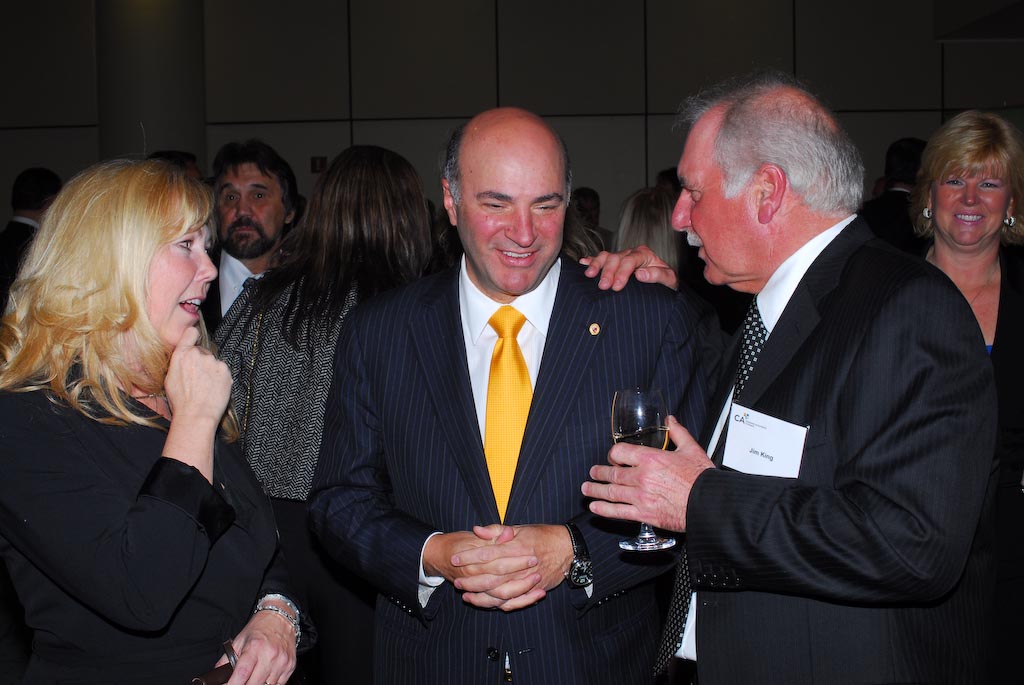
He also faced censure from the CBC ombudsperson after calling his co-host Amanda Lang an “Indian giver with a forked tongue” in March 2011. Just months later, in September 2011, he invited Pulitzer-prize-winning journalist Chris Hedges to The Lang and O’Leary Exchange to discuss the Occupy Wall Street protests.
During that interview, O’Leary reportedly hectored Hedges called him a “left-wing nutbar,” and insulted the protests, referring to them as a “nothing burger.” This prompted the CBC to issue a direct apology to Hedges, although O’Leary, being a contractor, was not required to apologize and did not.
Beyond controversial commentary, O’Leary’s business track record, often highlighted in his public persona, has also drawn scrutiny. While he sold a company and made a fortune in educational software, the details of that sale, particularly to toy maker Mattel, are often recounted with less fanfare.
O’Leary’s company, SoftKey Software Products Inc., grew by making a string of acquisitions in the educational software field after starting in the basement of his Toronto home in 1983. By 1993, the company, which had moved to Boston and focused on educational software, was trading on the Nasdaq with significant revenues.

One of SoftKey’s major takeovers was The Learning Company (TLC). Before this acquisition, a forensic accounting firm, the Center for Financial Research and Analysis (CFRA), was hired by TLC to review SoftKey’s financials.
CFRA’s findings raised concerns, alleging that SoftKey may have overstated earnings and noting questionable members on SoftKey’s audit committee, including O’Leary himself, who was CEO. They also pointed out SoftKey’s decision to fire its auditor, Arthur Andersen, after deficiencies in internal controls were found.
Despite these red flags, SoftKey acquired TLC and adopted the TLC name. By 1996, TLC was the largest educational software company globally, continuing to grow through acquisitions and driving revenues upward.
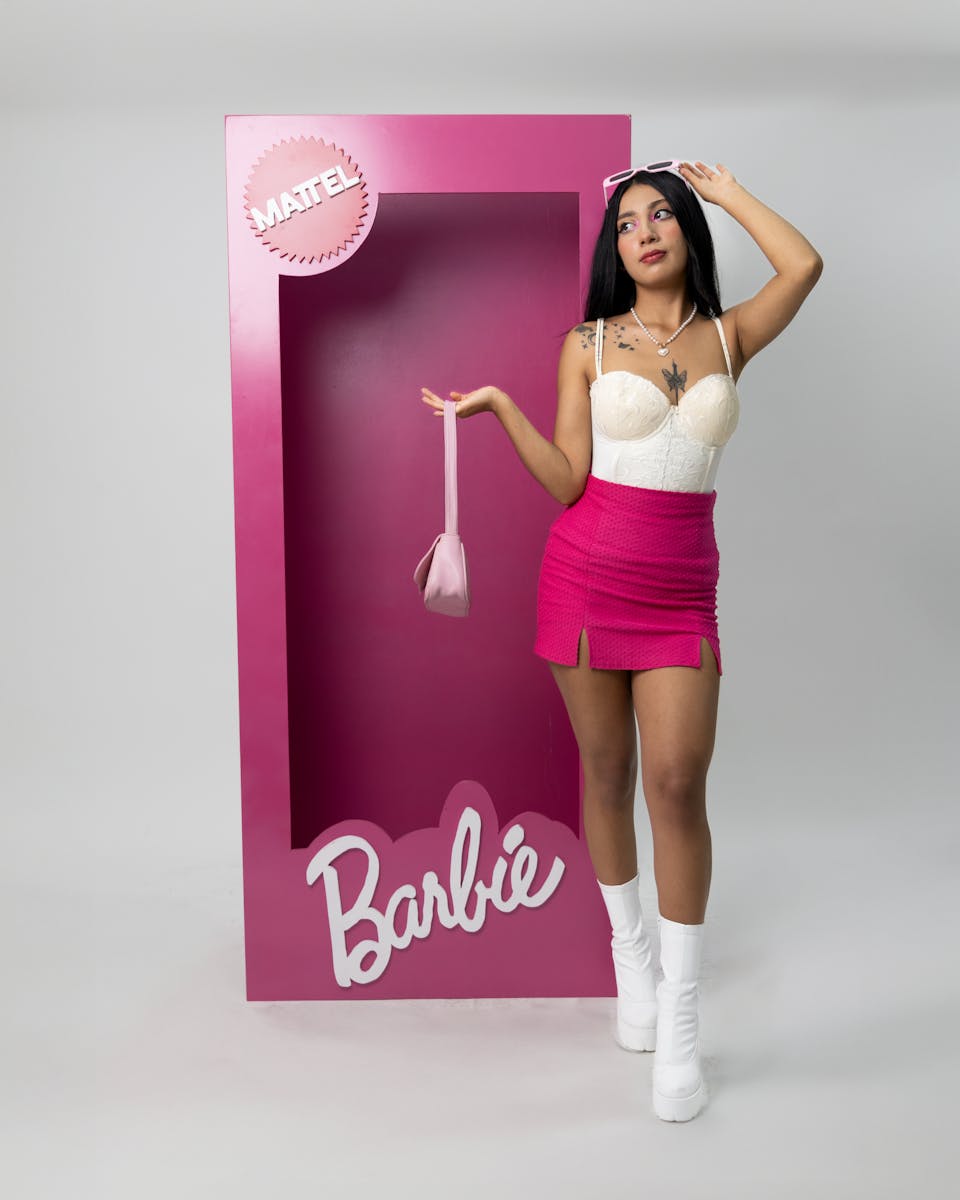
However, SEC filings later showed substantial net losses for TLC from 1996 to 1998, accumulating a deficit topping $1.1 billion by the end of 1998. The company was described by software-industry analyst Sean McGowan as a “house of cards” burdened with tired brands and reduced R&D spending.
In 1998, toy giant Mattel Inc. made a takeover bid for TLC, a move later criticized for lacking proper due diligence. Mattel CEO Jill Barad, reportedly desperate to boost her company’s stock price, saw educational software as a key growth area.
The $4-billion purchase was completed in the spring of 1999, with O’Leary taking on the role of president of Mattel’s new TLC digital division. Weeks later, CFRA issued another critical report, this time on Mattel, noting collapsing revenue and deteriorating cash flow at TLC.
The financial performance was disastrous. In the third quarter of 1999, the TLC division posted a $105 million loss, wiping out over $2 billion in Mattel’s shareholder value in a single day. O’Leary was fired in November 1999, just six months into a three-year contract. Mattel’s CEO, Jill Barad, also departed four months later, acknowledging the devastating impact of The Learning Company’s results.
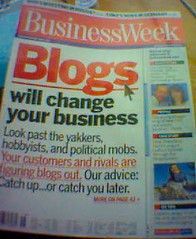
The scale of the failure was significant. In 2000, Mattel sold its multi-billion-dollar acquisition for a mere $27 million and a share of future profits. Businessweek magazine later labeled Mattel’s purchase of TLC as one of “the Worst Deals of All Time.”
A shareholders’ class-action lawsuit followed, naming O’Leary as a defendant and alleging insider trading and a scheme to obscure TLC’s financial state. While O’Leary denied the allegations, Mattel settled the lawsuit in 2003 for $122 million. O’Leary has publicly blamed Mattel’s management for the problems, not his own role.
Despite the financial losses incurred by Mattel investors, O’Leary reportedly received $11.2 million from his severance package and the sale of his Mattel stock. This outcome highlights a pattern where O’Leary exited situations personally unscathed, even when the ventures he was involved with resulted in significant losses for others.

His business career post-Mattel also includes other ventures that faced difficulties. In 2003, O’Leary invested in StorageNow Holdings Inc., a self-storage company. According to court documents related to a $10-million wrongful dismissal lawsuit filed by Jonathan Wheler, one of the company’s founders, O’Leary and his partner Reza Satchu allegedly altered an agreed-upon compensation deal with Wheler.
Wheler claimed that after realizing how profitable the business would be, O’Leary told him his agreement was “too rich” and what had been agreed upon was “simply no longer available,” according to the lawsuit. Wheler was terminated the following month. O’Leary and Satchu, in their defense statement, claimed Wheler was let go due to inexperience and lack of business acumen.
StorageNow was eventually acquired by a competing company in 2007. Meanwhile, Wheler went on to develop other successful self-storage units, reportedly becoming a millionaire through his original concept with another company.
Another instance includes O’Leary’s time on the board of Environmental Management Solutions Inc. (later EnGlobe Inc.) starting in 2004. During his nearly five-year term as a director, the company’s stock price saw a dramatic decline, falling from close to $4 to 3.5 cents, amidst challenges brought on by an acquisition program.
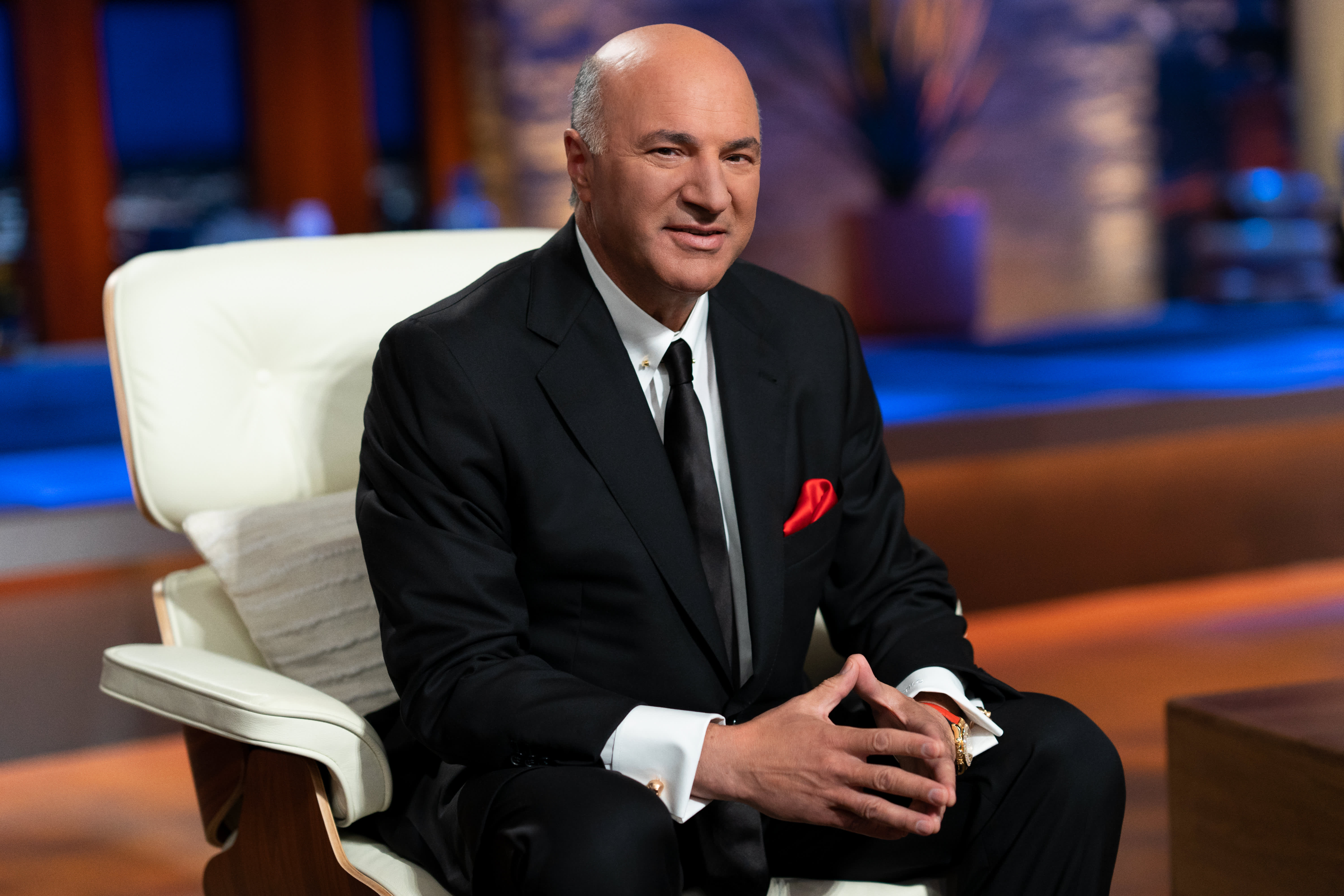
In 2008, leveraging his growing television profile, O’Leary launched O’Leary Funds, despite not having a background in managing other people’s money or a broker’s license. He hired Connor O’Brien, a former Wall Street investment banker, to manage the portfolios, positioning himself as the public face to attract investors.
O’Leary initially boasted he would not “grind the capital” of investors, meaning he wouldn’t pay dividends from the principal. However, Mark McQueen, CEO of Wellington Financial, noted finding evidence that O’Leary Funds were indeed paying dividends with investors’ own cash, contradicting O’Leary’s claim.
By 2012, investment advisers began pulling money from O’Leary Funds due to poor performance, according to McQueen. The funds continued to decline in assets over the following years, leading O’Leary to sell the business to Brett Wilson’s Canoe Financial. McQueen attributed the decline to poor performance, stating, “The majority of the funds performed poorly for an extended time and the majority of (Bay Street) brokers refused to sell any new funds.”
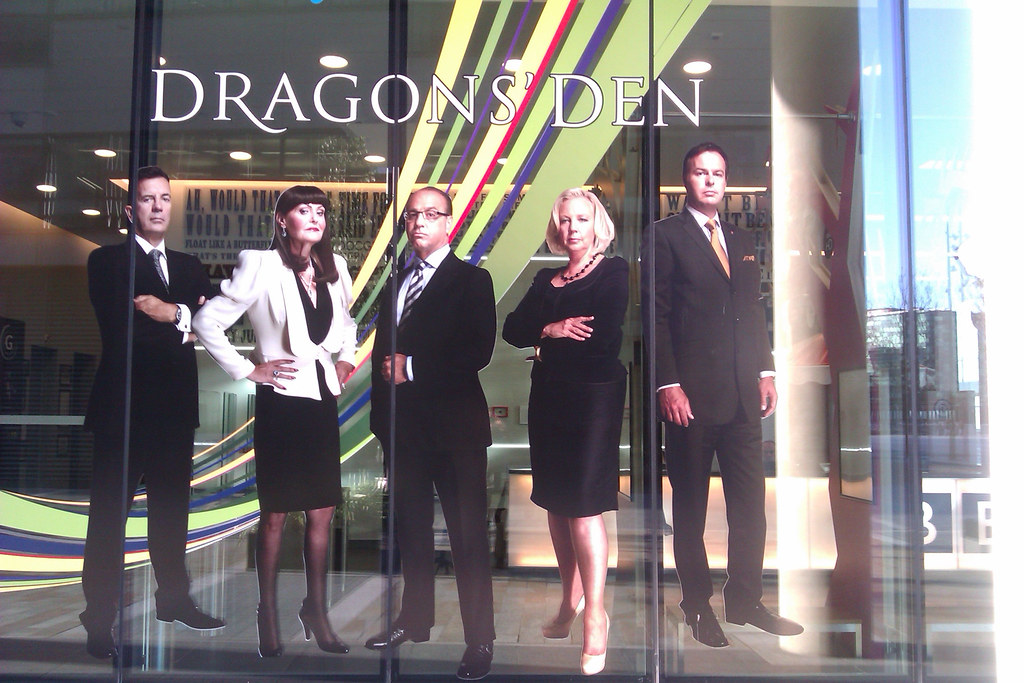
His television career, particularly his role as a Dragon on Dragons’ Den and subsequently on Shark Tank, played a crucial part in shaping his public image as a business expert. On Dragons’ Den, he adopted the persona of the “resident asshole,” known for harsh critiques, famously saying, “Money doesn’t care. Your tears don’t add any value.”
Henry Mintzberg, a professor of management studies at McGill University, described O’Leary’s depiction of a business leader as pejorative, calling him an “arch narcissist” and suggesting his stereotype is dysfunctional, contrasting it with collaborative leadership styles.
Despite the image of striking deals on television, the reality was often different. Tracie Tighe, the show’s executive producer, reportedly said O’Leary was “tight with his wallet” and closed only one or two deals a year on Dragons’ Den.
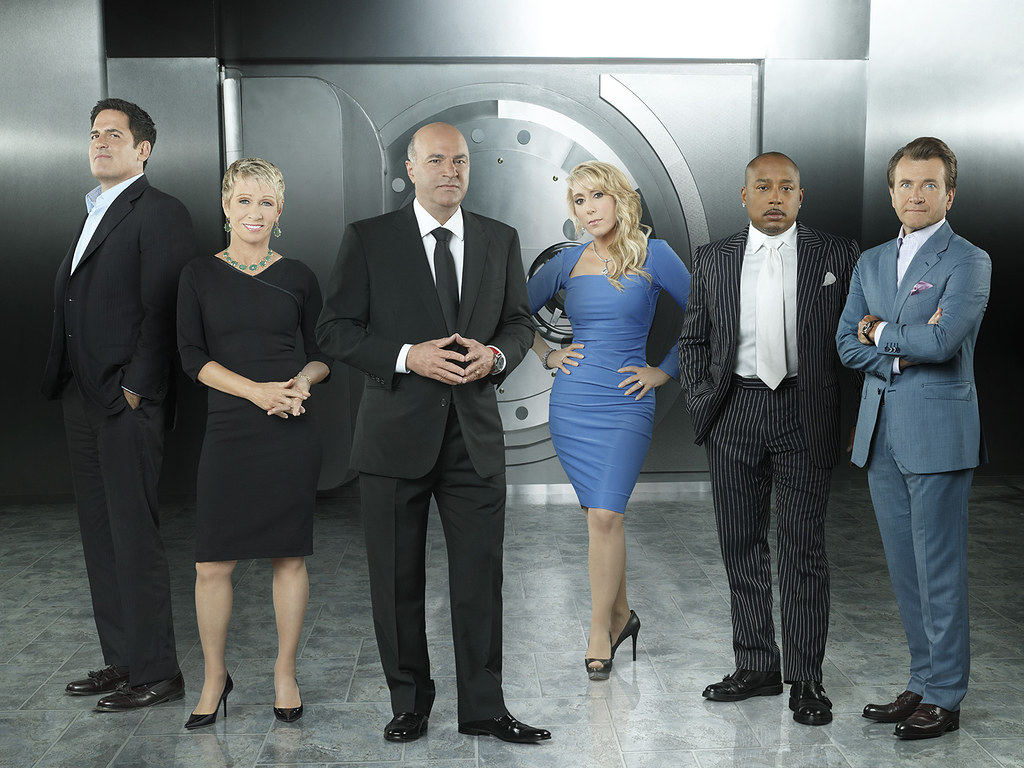
Examples provided in the text illustrate this point. When jewelry-maker Rachel Mielke sought investment for her company Hillberg & Berk, O’Leary dismissed her $1-million valuation, calling it a “bad idea.” However, fellow Dragon Brett Wilson invested, and the company later achieved significant sales, surpassing the initial valuation.
In another case, Wendy Johannson and Claudia Harvey, inventors of a utility glove for women, appeared on the show seeking $50,000 for their company, DigIt Apparel Inc. O’Leary agreed on-air to give them the money for a percentage of royalties or equity.
However, the $50,000 cash injection never materialized. One of the founders, Claudia Harvey, stated that O’Leary instead offered a line of credit at a high interest rate, which they did not use, saying, “He’s never actually given us any money.” While they were happy with his help in opening retail doors, the expected investment didn’t occur.
O’Leary’s entry into politics added another layer to his public profile. He cited the American election and the policies of President-elect Donald Trump as reasons Canada needed someone like him, someone with business experience, to negotiate. He famously compared the potential dynamic between Trump and Trudeau, stating, “I think Trump versus Trudeau is Godzilla versus Bambi. It’s going to end very badly.”

He positioned himself as someone who could pivot in changing environments, unlike, in his view, Mr. Trudeau and his team, whom he claimed had never run a business or made payroll. Despite entering the crowded field, he indicated a strategy of waiting for the competition to cull before making a definitive move.
Further anecdotes that add to his public image include his appearance on Celebrity Jeopardy, where he reportedly thought New Jersey was a city and that the Wright brothers invented motorcycles. He also misspelled his own self-awarded nickname, “Mr. Wonderfull,” on the show.
Ultimately, the narrative surrounding Kevin O’Leary encompasses his media persona, his controversial statements, and a detailed business history that includes significant ventures and outcomes. While he successfully leveraged television to build celebrity status and wealth, the accounts of his business activities, from the Mattel acquisition to the performance of O’Leary Funds, present a track record marked by both ambition and notable challenges, often contrasting with the image of effortless success projected on screen.


